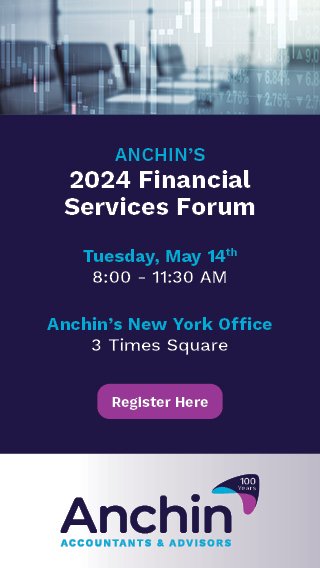What Gilgamesh makes of SVB
/Gilgamesh is an early-stage venture fund investing in fintech across the Americas. Based in New York and founded by Miguel Armaza and Andrew Endicott, Gilgamesh has invested in startups like Modern Life, Xepelin, Poolit, and Simplist.
In an interview with The Financial Revolutionist, Armaza and Endicott describe the reaction of startups abroad to SVB’s crisis, predict the future of fintech banking, and push back at the idea that VCs catalyzed the bank run.
This interview has been edited for length and clarity.
The Financial Revolutionist: Given your expertise in venture capital beyond the US, I’m wondering to what extent you’ve seen SVB-related concerns grow wings and spread beyond the US, determining how fintechs abroad are operating from a banking perspective.
Andrew Endicott: These things have an international dimension—you can look at what's happening with Credit Suisse to see that it's beyond the borders of the US. I think one of the more interesting aspects of this is that SVB and US banks have international clients, so there are companies out there that have had to manage the collapse that's occurred even though they're not in the US.
Something that we found, particularly in Latin America, is that companies and founders are perhaps a little more accustomed to some financial institutional instability. We've actually been very impressed by the speed and the agility with which companies and founders have been able to act. But we think there are going to be additional developments over the next several weeks.
What kind of impacts do you think there will be in the next few weeks?
AE: I think there's going to be additional regulatory action. There are a lot of people calling for a uniform statement that all deposits are insured. I don't know if that's going to happen, but there are a lot of voices calling for that.
You’re going to continue seeing attention paid to how companies manage their treasury. People are using this as an opportunity to evaluate what types of institutions they want to work with. I think this is going to cause people to think about whether they have the right partners from a banking perspective, but also some product changes. We’re going to see products that more frequently involve stacking FDIC insurance or developments regarding different utilization of money markets and other financial products beyond your typical checking accounts.
And this could change what happens for interest rates and with the Fed, which are important for everyone and for all markets.
Miguel Armaza: On the startup side, this is a time of adjustments. Companies are looking for new partners. They're avoiding a single point of failure not just for their banking relationship, but they're taking an introspective look into most of their relationships.
But there's no doubt that plenty of banks are going to want some of that business, and that we're going through a period of adjustment. It's still a little bit unclear who's going to step up.
Even Thursday’s news in terms of this pseudo-rescue of First Republic seems to indicate that there’s this developing muscle that establishes different levels of banking institutions and the kind of power that they can leverage.
AE: I think we can be confident that there are going to be additional developments. There are still banks that have weaknesses, but I think what happened with First Republic is probably not scalable and replicable. There’s been a discussion of, like you said, tiers of banks, where you have banks that are systemically important and believed to be too big to fail—and then you have everybody else.
I think that’s not the right way for this to end; we need banks of all sizes, because a lot of the banks that are not in the top five play very important roles. They serve important roles for fintechs and startups like SVB did; they offer things like venture debt and special kinds of facilities and payments capabilities.
Important to have a lot of banks that serve local communities and small businesses. I don't think it's the right thing to have this kind of two-tiered system of banks “too big to fail,” and then everybody else. I don't think the regulators do either. There’s going to be more to come in before all these issues are resolved.
I wonder what you both make of the role VCs played in SVB’s bank run. Are there any changes that you think will take shape amongst VCs in terms of the ways they communicate—whether amongst each other or with their portfolio companies—as it relates to financial exposure?
MA: We’ve got to remember that each startup entrepreneur is usually pretty sharp. They're on top of current news—often a lot more so than many in the VC world—so by the time it was clear what was happening, and then VCs started reaching out to their portfolio companies, most had already acted.
We can't imply that VCs can actually order companies what to do; each company is independent. That was very evident on Thursday. Companies were among the first ones to act. So we don't necessarily subscribe to the notion that it was a VC-caused situation. The founders were on top of this, and by the time VCs were reaching out, most had already acted, because they have fiduciary duties, and they were looking after their companies.
AE: I think the problem that we're seeing today is really how deposits, banks, and regulation interact in an era in which everyone's on social media and in which news spreads so quickly, and it's so easy to move money.
What we’re going to have to resolve as a society is, do the rules and the protections that we have need to change? I think that's the thing that’s most important to think about. When we're talking about policymakers and people that interact with the banking sector, we need to understand how those forces are at play.






